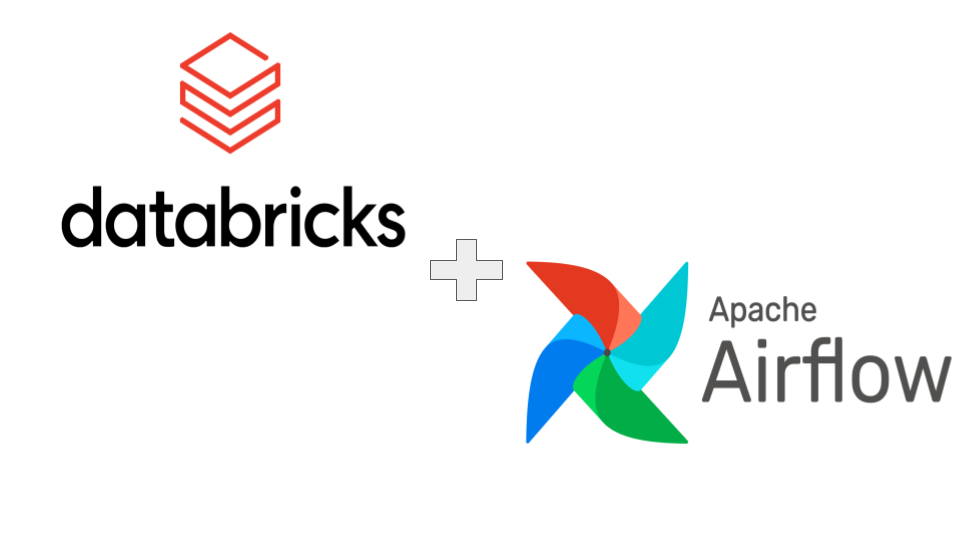
One of the reoccurring complaints you always see being parroted by the smarter-then-anyone-else-on-the-internet Reddit lurkers is the slowness of Python. I mean I understand the complaint …. but I don’t understand the complaint. Python is what is is, and usually is the best at what it is, hence its ubiquitous nature. I’ve been dabbling with Scala for awhile, much to my chagrin, and have been wondering about its approach to concurrency for awhile now. I’ve used MultiProcessing and MultiThreading in Python to super charge a lot of tasks over the years, I want to see how easy or complex this would be in Scala, although I don’t think easy and Scala belong in the same sentence.
Read more








